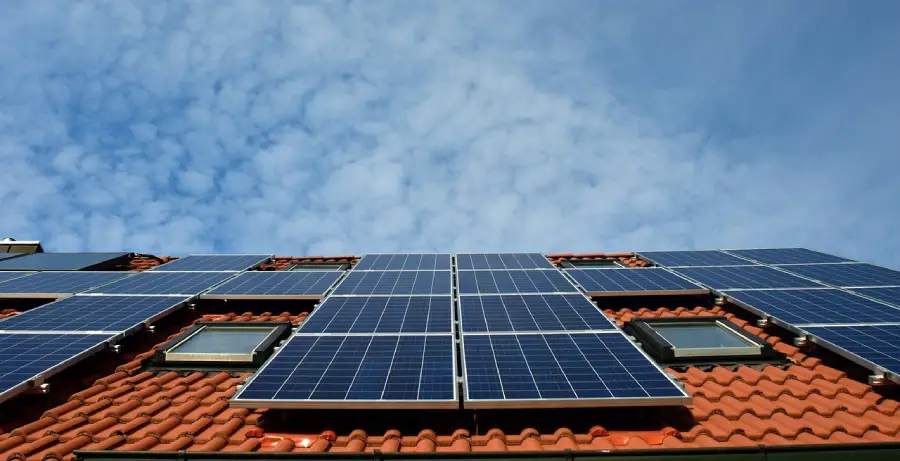The demand for environmentally friendly and cost-effective solutions in the housing sector has never been higher. With global warming and rising energy costs, many homeowners are seeking to reduce their carbon footprint and monthly expenses by incorporating renewable energy solutions into their homes. The integration of renewable energy solutions with housing not only benefits the environment but also provides numerous financial benefits for homeowners.
What is Renewable Energy Integration?
Renewable energy integration refers to the process of incorporating clean and renewable energy sources into a building’s energy system. This allows the building to generate its energy, reducing its reliance on non-renewable energy sources and lowering its carbon footprint.
Why Integrate Renewable Energy into Housing?
There are several reasons why homeowners should consider integrating renewable energy solutions into their homes. Firstly, renewable energy sources are clean, sustainable, and have no emissions, reducing the impact on the environment. Secondly, incorporating renewable energy solutions can significantly reduce energy bills, providing long-term financial benefits for homeowners. Additionally, integrating renewable energy solutions into homes can increase property value and improve the overall quality of life for residents.

Types of Renewable Energy Solutions for Housing
Several renewable energy solutions can be integrated into housing, including solar energy, wind energy, geothermal energy, and hydropower.
Solar Energy
Solar energy is one of the most popular renewable energy solutions for housing. Solar panels can be installed on rooftops or on the ground to generate electricity, hot water, or both. Solar energy is a clean, sustainable, and cost-effective solution for homeowners.
Wind Energy
Wind energy can be harnessed using wind turbines, which can be installed on rooftops or on the ground. This renewable energy solution is most suitable for homes located in windy areas.
Geothermal Energy
Geothermal energy harnesses the natural heat from the Earth to generate heat and hot water. This renewable energy solution is most suitable for homes located in areas with a high geothermal gradient.
Hydropower
Hydropower is a renewable energy solution that harnesses the energy from flowing water to generate electricity. This solution is most suitable for homes located near rivers or streams.
The Benefits of Integrating Renewable Energy Solutions with Housing
Integrating renewable energy solutions with housing provides numerous benefits, including:
- Reduced energy bills
- Improved energy efficiency
- Increased property value
- Improved quality of life for residents
- Reduced carbon footprint
- Increased energy security
- Improved environmental sustainability

The Challenges of Integrating Renewable Energy Solutions with Housing
While there are many benefits to integrating renewable energy solutions with housing, there are also some challenges that must be considered. These include:
- High initial costs
- Technical expertise required for installation and maintenance
- Limited availability in certain areas
- Interconnection with the grid
- Zoning and permitting requirements
Partnership with Boustead Renewables Limited (Soon to be F&K Renewables Limited)

The Noble Tree Foundation has recently entered into a joint-venture agreement with Boustead Renewables Limited, soon to be F&K Renewables Limited (FKR), to bring sustainable energy solutions to housing units under the Noble Tree Foundation. This partnership combines the expertise of both organisations to provide cost-effective and eco-friendly renewable energy solutions to homeowners.
With the latest technology and innovative solutions, homeowners can expect significant savings on their energy bills, as well as a reduction in their carbon footprint. The joint venture is committed to promoting sustainable living and making renewable energy accessible to everyone.
By integrating renewable energy solutions in housing units, the Noble Tree Foundation and FKR aim to create a greener, cleaner, and more sustainable future.
Conclusion
The integration of renewable energy solutions with housing is an important step towards a more sustainable and environmentally friendly future. With the rise in energy costs and global warming, incorporating renewable energy solutions into homes is becoming increasingly important. Despite the challenges, the benefits of renewable energy integration far outweigh the costs, providing homeowners with long-term financial savings, improved quality of life, and a reduced carbon footprint.

